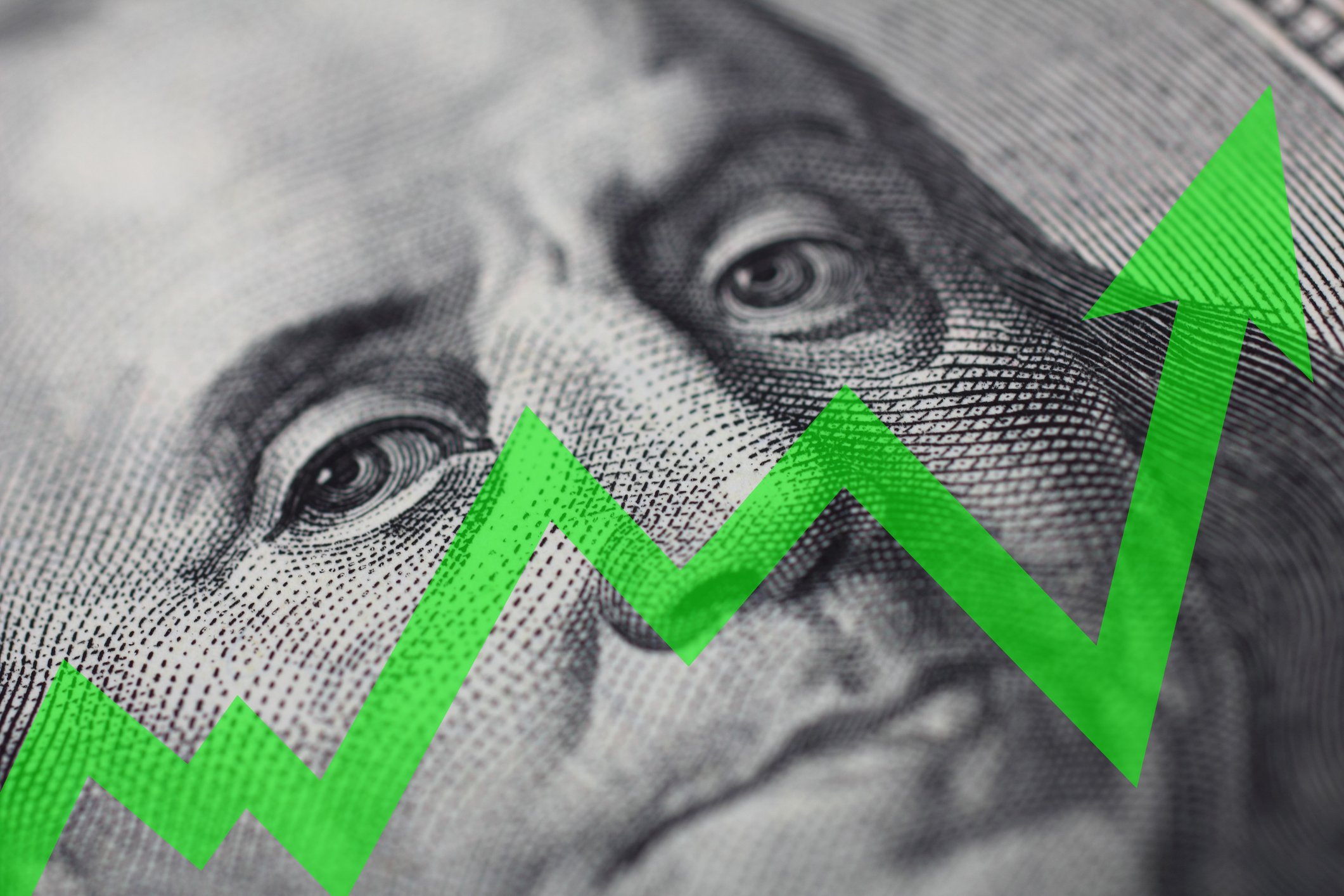Source: Amazon
Amazon.com (AMZN 1.60%) founder and CEO Jeff Bezos knows a great deal about rockets. The CEO's first tweet was not to trumpet the success of his online-shopping operations, but rather of his relatively obscure Blue Origin private spaceflight firm, tweeting a short film of a rocket landing. Later, Bezos "offered" a seat on one of those rockets to leading Republican presidential candidate Donald Trump, after The Donald criticized Bezos for his ownership of The Washington Post.
The rocket analogy is apt for Bezos, as this is a man who has seen his net worth explode to an estimated nearly $35 billion as of this writing, with the vast majority of that wealth held in shares of Amazon, as shares of the company are on a rocket-like path this year. Year to date, shares of the company have increased more than 100% as the company has swung to two consecutive quarters of reporting net income after years of losses.
According to analyst firm Pacific Crest, Amazon's tremendous run isn't over. The analyst firm recently opened coverage of the company with a 12-month price tag of $800 -- an increase of 20% from current prices.
Amazon's retail business is increasing
In Pacific Crest's note, the analysts mention e-commerce expansion as one of the bigger drivers, with online shopping expected to grow from 7% of total sales to 30% in the next five years. This change in buying behavior benefits Amazon; e-commerce analytics firm Slice Intelligence estimated Amazon took a massive 36% of all online shopping spend on Black Friday.
Interestingly enough, Best Buy (BBY +0.46%), a firm once considered most threatened by Amazon and the "showrooming" effect, finished second with 8% of online spend on Black Friday, according to Slice Intelligence. Improving its online operations was a wise and prudent business move for Best Buy, as Slice estimated online Black Friday sales rose 7%, which presumably will be higher than Black Friday's total increase in sales, which would lend credence to Pac Crests' view that foot-traffic commerce will shift to e-commerce moving forward.
Is Pac Crest underappreciating another large driver?
It's easy to classify Amazon as a retailer. That's the most-visible consumer-facing portion of the business, and contributed over 90% of the company's top line in the third fiscal quarter. For investors, who are more concerned about the company's bottom line, the company's Amazon Web Services is a large reason for the sudden profitability and overperformance, as the division contributed nearly 52% to segment operating income as it has a much-higher profit profile. When it comes to profitability, Amazon isn't a retailer as much as it is a cloud-hosting business.
Not only that, it seems this business is on a solid growth path. In October, a company representative disclosed the service is on pace for a run rate of $7.3 billion this year, up 81% from last year's revenue haul. If Amazon is able to continue a growth rate similar to the one it's currently experiencing with the same profit profile, and maintains similar valuation metrics, it's possible Pacific Crest's estimate of $800 per share actually undervalues the company.








